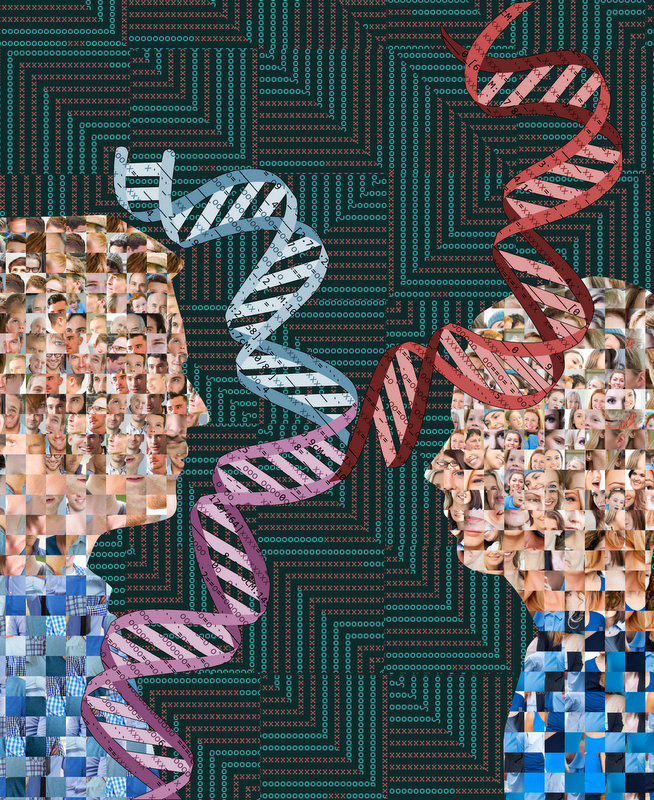
Welcome to the Loh Laboratory
We develop computational tools to solve statistical and algorithmic challenges in quantitative genetics.
We are based in the Division of Genetics and Center for Data Sciences at Brigham and Women’s Hospital / Harvard Medical School. We are affiliated with the Program in Medical and Population Genetics at the Broad Institute.
Our work is generously supported by an NIH Director’s New Innovator Award, a Burroughs Wellcome Fund Career Award at the Scientific Interface, and a Broad Institute Next Generation Fund award, and we are grateful for past support from a Glenn Foundation for Medical Research and AFAR Grant for Junior Faculty and a Sloan Research Fellowship.
Latest News
Paper on repeat polymorphisms influencing glaucoma and colorectal cancer published in Cell
Ronen Mukamel and Bob Handsaker’s paper on phenotypic effects of noncoding variable number tandem repeats (VNTRs) (Mukamel*, Handsaker* et al. 2023 Cell) is now published —
New preprint on hidden protein-altering variants with strong influences on common diseases
We are excited to share a new preprint, “Hidden protein-altering variants influence diverse human phenotypes” (Hujoel et al.), which finds that some of the largest
Nolan Kamitaki & Simone Rubinacci join the lab!
Nolan is a graduate student in the HMS Bioinformatics and Integrative Genomics (BIG) PhD program and Simone is a postdoctoral fellow at BWH / HMS. We are very
Maxwell Sherman receives his PhD
Maxwell Sherman has completed MIT’s Electrical Engineering and Computer Science (EECS) PhD program and is moving on to Serinus Biosciences, which he co-founded earlier this
Paper on haplotype-informed CNV detection published in Cell
Margaux Hujoel’s paper on haplotype-informed CNV detection (HI-CNV; Hujoel et al. 2022 Cell) is now published — congratulations, Margaux! This work explores the phenotypic impact of rare
New preprint on repeat polymorphisms influencing glaucoma and colorectal cancer risk
We are excited to share a new preprint, “Repeat polymorphisms in non-coding DNA underlie top genetic risk loci for glaucoma and colorectal cancer” (Mukamel*, Handsaker*
